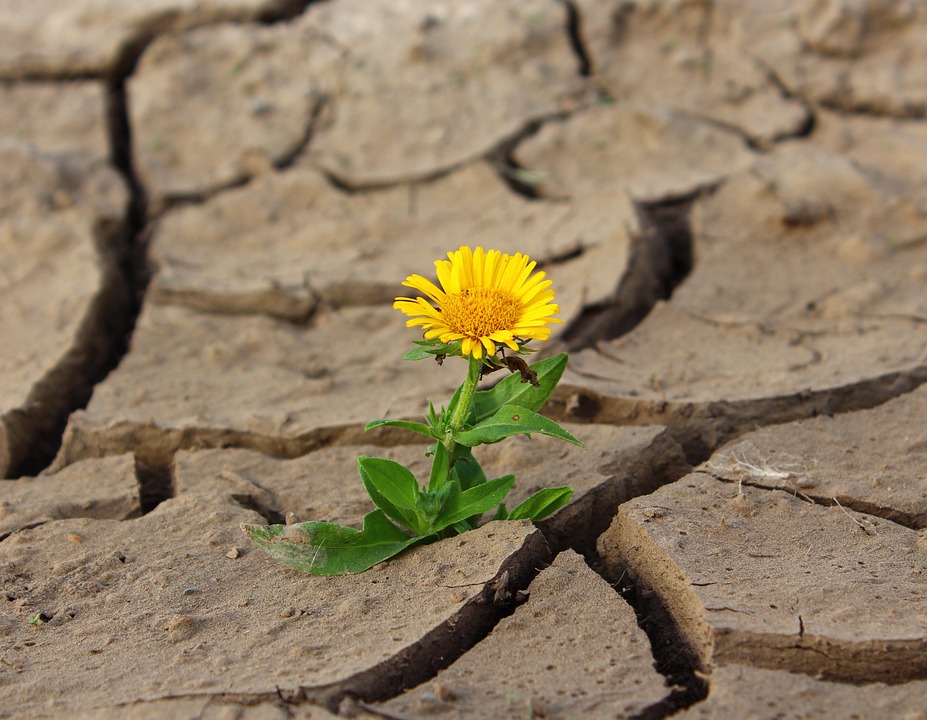
Since we are children, we are taught to rebel against what we do not like or against what seems unfair to us. We don’t have to settle for anything, we can always aspire to more, and we are entitled to the best in our own right… They are trite phrases we have heard hundreds of times and have made a dent in our unconscious.
Acceptance has a bad reputation in our society.
We need to be told about the consequences of this misunderstood revolution. When you resist what has already happened or is happening — with your permission or without it — you only lose 100 percent of the time. What is the point of this revolt against something totally out of your control? What do you get with it? A sense of moral superiority or perhaps a =little revenge? Or believe that you can combat the feeling of helplessness?
The problem is that this type of reaction causes us harmful emotions that cloud our discernment. In that clouded state of mind, our decisions will not be beneficial or lead to a good outcome. In order to think clearly, we need calm. Anger and rage are never good advisers.
Anger leads us to automated reactions based on our most primitive brain: fight, flight, or freeze. It limits us, drag us down, and we feel compelled to say and do things that we later regret and can no longer change. It pushes us into behaviors we are not at all proud of and to make mistakes we will regret.
Acceptance is often confused with resignation.
It has nothing to do with it. It might sound like you would stop caring about things or people, not try to improve our current reality or not progress. It is not the case.
Let’s not confuse the wisdom of taking the events that appear with neutrality and clarity with submissiveness or surrendering. Acceptance is an active quality; resignation is passive. The first empowers, and the second causes frustration because the person is forced to settle for something they hate and consider inadmissible.
It takes tremendous strength and motivation to accept what is — especially when you don’t like it — and then work wisely and effectively to the best of your ability with the circumstances you find yourself in and with the resources at your disposal, both internal and external, to mitigate, heal, redirect and change what can be changed. In other words, stop longing for the world to be something that it isn’t now and put aside ruminating thoughts about how things should be. Only then can we focus on those in our power to change.
Acceptance is the first step of wisdom.
Why? Because you can conceive that, although life does not adapt to all our desires and plans, it is aligned with our current needs. When the ego is in control, it always finds complaints and reproaches, lamenting that life does not meet all its expectations and requirements.
When we live from the essence, we have enough humility to be able to consider that the setbacks and obstacles that appear, despite not being pleasant and in some cases not even welcome, have their place in the grand universal scheme and provide us with opportunities to be able to work parts of us that make us stronger and more developed human beings.
I don’t think acceptance encourages disconnection or indifference. It is not about hiding behind a conforming attitude or letting anyone mistreat or take advantage of you if you are in an abusive relationship, for example.
Nothing to do with that. It is simply a matter of acknowledging: “This is the situation I find myself in. Now, what am I going to do?” First, you must learn to accept what is; then, you have the freedom to respond most conveniently and appropriately.
Acceptance is like sitting in a field, looking up at the sky and watching the clouds go by.
There is no resistance to the experience; there is only observation and acceptance. It would be foolish to look at the clouds and be upset that they are not forming in the specific ways we want them to. However, that is precisely what we do in life.
Another analogy is provided by the game Tetris. If you have ever played Tetris, you know that the game’s object is to wait and see what shape will appear next, and then you have to use it to position it in the best possible way to continue playing. Isn’t that the very game of life? What sense would it make to protest and oppose the new forms that emerge in Tetris? However, isn’t that exactly how we tend to play the game of life?
When we accept, we open ourselves to the actual emotions we experience each moment and are willing to feel whatever arises: sadness, fear, jealousy, stress, joy, enthusiasm… We can learn to cooperate with our experience or try to control it.
The first choice leads us to flow, and the second to anxiety. The need for control triggers reactivity and prevents us from being able to respond. And by doing so, we restrict our freedom.
* Author: Mónica Esgueva
* First published on Medium